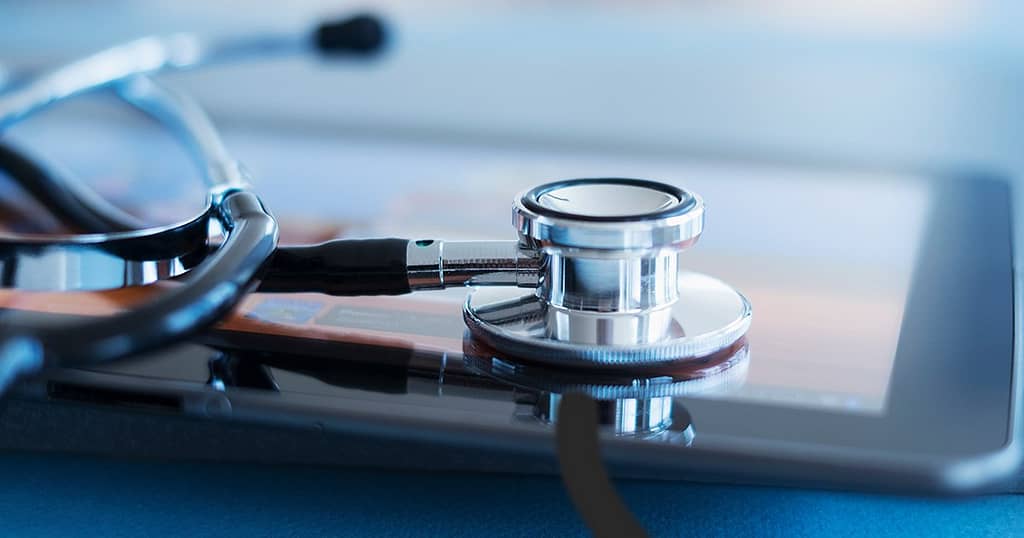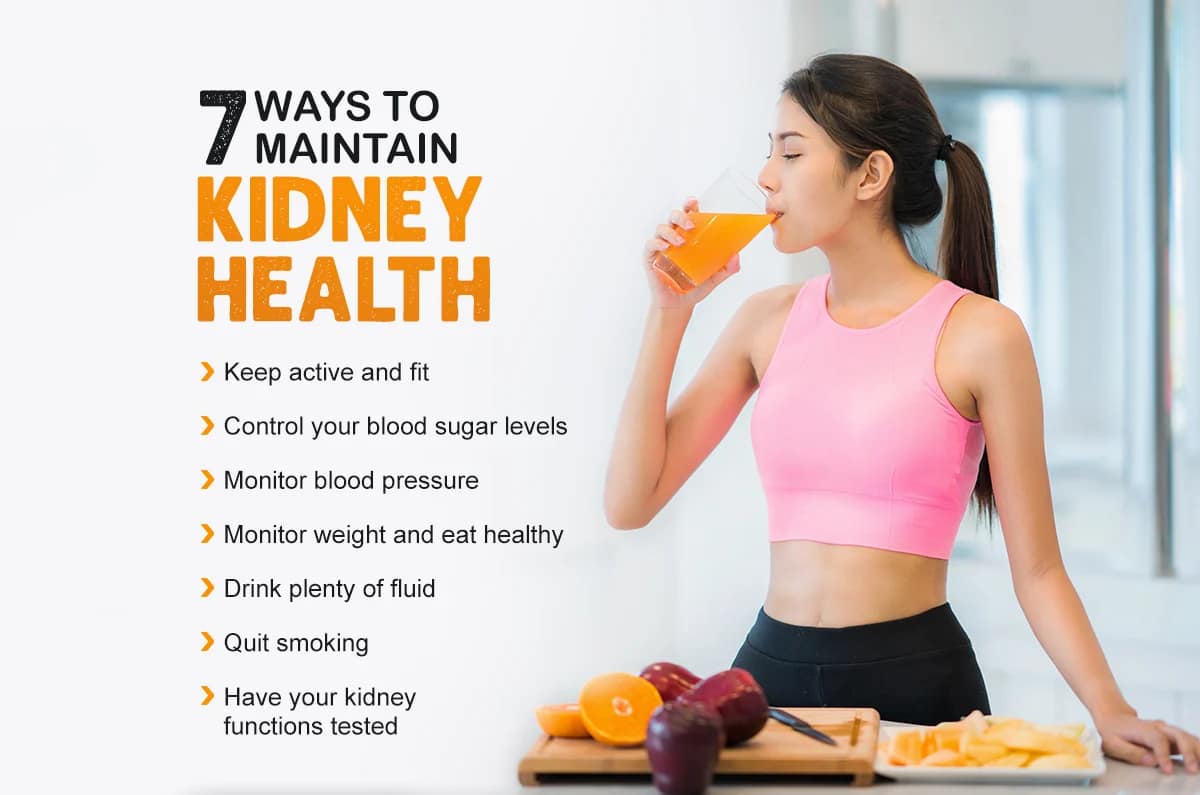Business school professor Joe Peppard penned a Wall Street Journal op-ed recently, making the case that many companies shouldn’t necessarily be investing in AI – because many aren’t well-positioned to succeed with it. What about healthcare providers?
Related Post
आज की भागदौड़ भरी ज़िंदगी में, हम अकसर अपनी सेहत को नज़रअंदाज़ कर देते हैं। लेकिन क्या आप जानते हैं कि एक साधारण फुल बॉडी चेकअप आपकी कई बीमारियों को समय रहते पकड़ सकता है और गंभीर समस्याओं से बचा सकता है?
इस लेख में जानिए फुल बॉडी चेकअप से जुड़ी हर ज़रूरी जानकारी।
फुल बॉडी चेकअप क्या है?
फुल बॉडी चेकअप एक सम्पूर्ण स्वास्थ्य परीक्षण है जिसमें शरीर के महत्वपूर्ण अंगों और सिस्टम्स की जांच की जाती है। इसका उद्देश्य किसी भी छुपी हुई बीमारी, कमी या असामान्यता का जल्द पता लगाना है।
फुल बॉडी चेकअप में कौन-कौन से टेस्ट शामिल होते हैं?
ब्लड टेस्ट (रक्त परीक्षण)
– शुगर लेवल (Fasting Blood Sugar, HbA1c)
– लिपिड प्रोफाइल (कोलेस्ट्रॉल, ट्राइग्लिसराइड्स)
– कंप्लीट ब्लड काउंट (CBC – हिमोग्लोबिन, WBC, प्लेटलेट्स)
– लिवर फंक्शन टेस्ट (SGOT, SGPT, बिलिरुबिन)
– किडनी फंक्शन टेस्ट (क्रिएटिनिन, यूरिया)
– थायरॉइड प्रोफाइल (TSH, T3, T4)
विटामिन व मिनरल्स टेस्ट
– विटामिन D
– विटामिन B12
– आयरन प्रोफाइल
यूरीन व स्टूल टेस्ट
– सामान्य मूत्र परीक्षण
– मल परीक्षण (यदि आवश्यक हो)
ECG व चेस्ट एक्स-रे
– हृदय स्वास्थ्य की जांच के लिए
अल्ट्रासाउंड (Whole Abdomen)
– पेट के अंगों की जांच (लीवर, किडनी, गॉलब्लैडर आदि)
🩺 फुल बॉडी चेकअप कब कराना चाहिए?
30 वर्ष की उम्र के बाद हर साल
यदि फैमिली हिस्ट्री हो (डायबिटीज, हृदय रोग आदि)
लगातार थकान, वजन घटाव, बुखार या अन्य असामान्य लक्षण होने पर
जीवनशैली में अधिक तनाव, धूम्रपान, शराब सेवन होने पर
🌟 फुल बॉडी चेकअप के फायदे
✔️ रोगों का शुरुआती पता लगाना
✔️ कैंसर, हृदय रोग, मधुमेह जैसी बीमारियों की रोकथाम
✔️ जीवनशैली सुधारने में मदद
✔️ मानसिक शांति और आत्मविश्वास
Medi4u में फुल बॉडी चेकअप बुक करें आज ही!
✅ अनुभवी डॉक्टरों द्वारा सलाह
✅ NABL प्रमाणित लैब की विश्वसनीय रिपोर्ट
✅ होम सैंपल कलेक्शन की सुविधा
👉 अपने स्वास्थ्य का ध्यान रखें — क्योंकि रोकथाम इलाज से बेहतर है।
Medi4u – आपकी सेहत का भरोसेमंद साथी
In the test, 74% of clinicians said the ambient and genAI technology reduced their levels of burnout and 95% wanted to continue using the technology. Further, clinicians used 25 non-English languages.
Your kidneys are small but powerful organs that work 24/7 to filter waste, balance fluids, and regulate vital minerals. A well-balanced diet can significantly reduce your risk of kidney disease or slow its progression if already diagnosed. Here’s how to eat right for your kidneys.
Control Your Salt Intake
Why it matters: Too much sodium increases blood pressure, which can damage kidneys over time.
Tip:
- Limit processed foods and snacks (chips, instant noodles, pickles).
- Avoid adding extra table salt.
- Use herbs and spices (like turmeric, basil, or cumin) instead of salt for flavor.
Stay Hydrated – But Don’t Overdo It
Why it matters: Proper hydration helps your kidneys clear toxins, but excessive water can stress them.
Tip:
- Drink 6–8 glasses of water a day unless advised otherwise by your doctor.
- Cut back on sugary sodas and energy drinks.
Eat the Right Proteins
Why it matters: Your body needs protein, but too much can overload your kidneys.
Tip:
- Choose lean protein like fish, egg whites, tofu, or legumes.
- Limit red meat and full-fat dairy if you have existing kidney concerns.
Monitor Potassium and Phosphorus
Why it matters: Imbalance of these minerals can harm kidney function, especially in CKD patients.
Tip:
- Avoid high-potassium foods like bananas, oranges, potatoes if your doctor advises.
- Reduce intake of phosphorus-rich processed foods (like colas and packaged meats).
Eat More Kidney-Friendly Foods
Good choices include:
- Cabbage
- Cauliflower
- Apples
- Blueberries
- Garlic
- Red grapes
These foods are low in sodium and packed with antioxidants and vitamins.
Say No to Smoking and Alcohol
Both habits reduce kidney function and increase your risk of high blood pressure and diabetes—top causes of kidney disease.
Watch Your Portions and Weight
Why it matters: Obesity increases the risk of diabetes and high BP, which are major causes of kidney failure.
Tip:
- Choose small, balanced meals.
- Follow a meal plan if you’re managing diabetes or hypertension.


